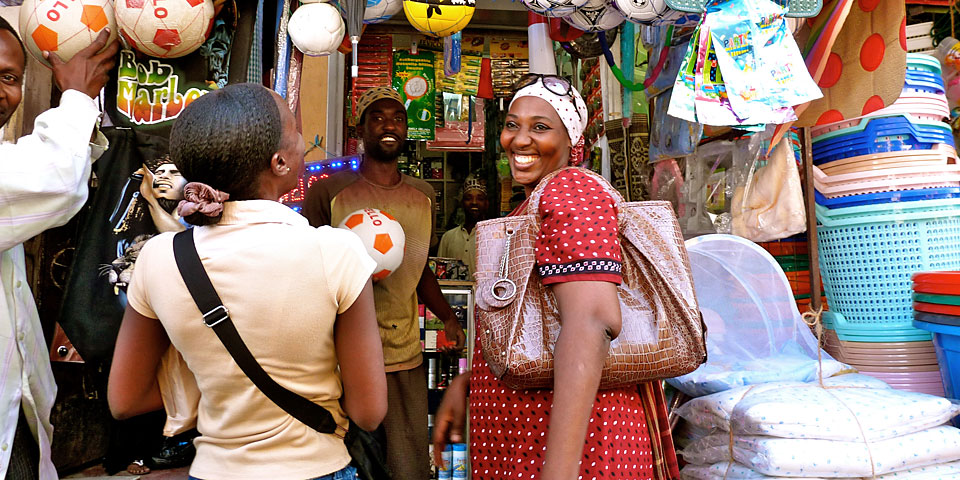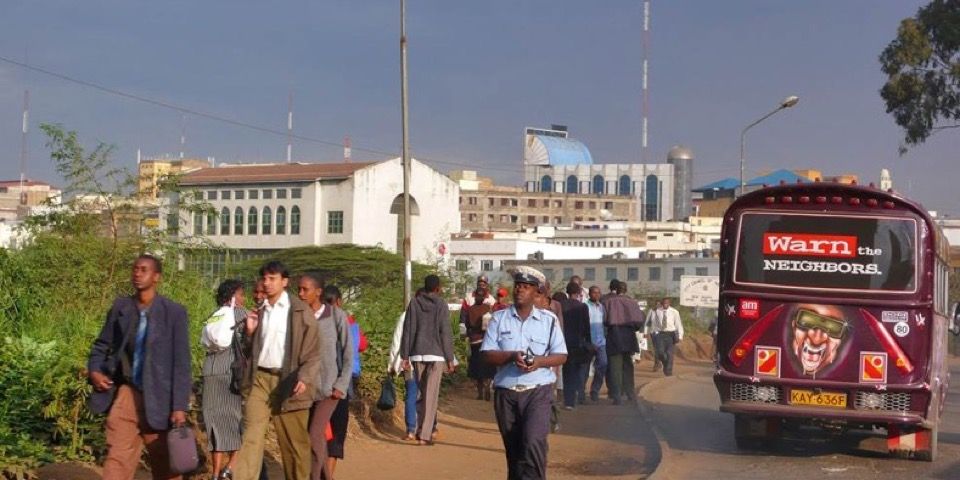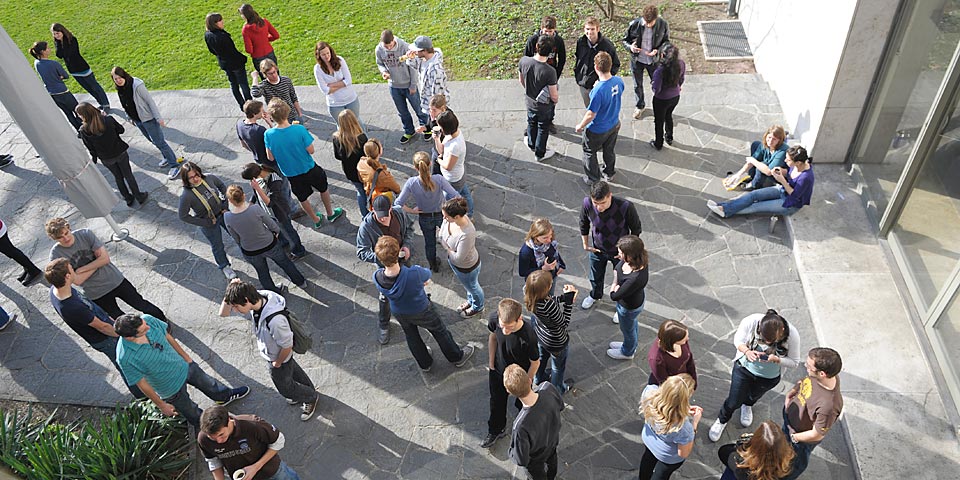Social Anthropology Abschluss: Master

Im Überblick
- Art
- Studienfach
- Abschluss
- Master
- Studienstart
- Herbst-, Frühjahrsemester
- Struktur
- 2 Studienfächer & Wahlbereich
- Regelstudienzeit
- 4 Semester
- Credits
- 120
- Sprache
- Englisch
- Zuständige Fakultät
- Philosophisch-Historische Fakultät
Zugangsvoraussetzung
Study program
Information on admission:
https://www.unibas.ch/zulassung
Termine und Fristen
Professionalization in an international field
Social Anthropology asks what being and becoming human means across different social, cultural and historical contexts. It asks: What is the relationship between the local worlds that people inhabit and the global structures in which they are embedded? This requires social anthropologists to exercise their imagination and decenter common understandings of social relations, economic livelihoods and political power, among other things. They must thus strive to broaden the possible ways of perceiving and conceiving key challenges of our times.
Related links and downloads
Research Findings and Scientific Developments
Are you interested in current scientific developments and research findings in this field? On the research websites, you will find numerous publications by researchers from the University of Basel. This resource offers valuable insights and helps you get to know a subject area better–both as an orientation aid and as an accompanying source of information during your studies.
Discover publications and research areas now
Das richtige Studium gefunden?
Diese Studienangebote könnten Sie ebenfalls interessieren:

Melde dich jetzt für die Schnupper Winter School der Universität Basel an.
Interessierst du dich für ein Studium an der Universität Basel?
Vom 16. bis 20. Februar 2026 finden Workshops für Gymnasiasten und Gymnasiastinnen statt.
Zum Programm der Schnupper Winter School 2026.




